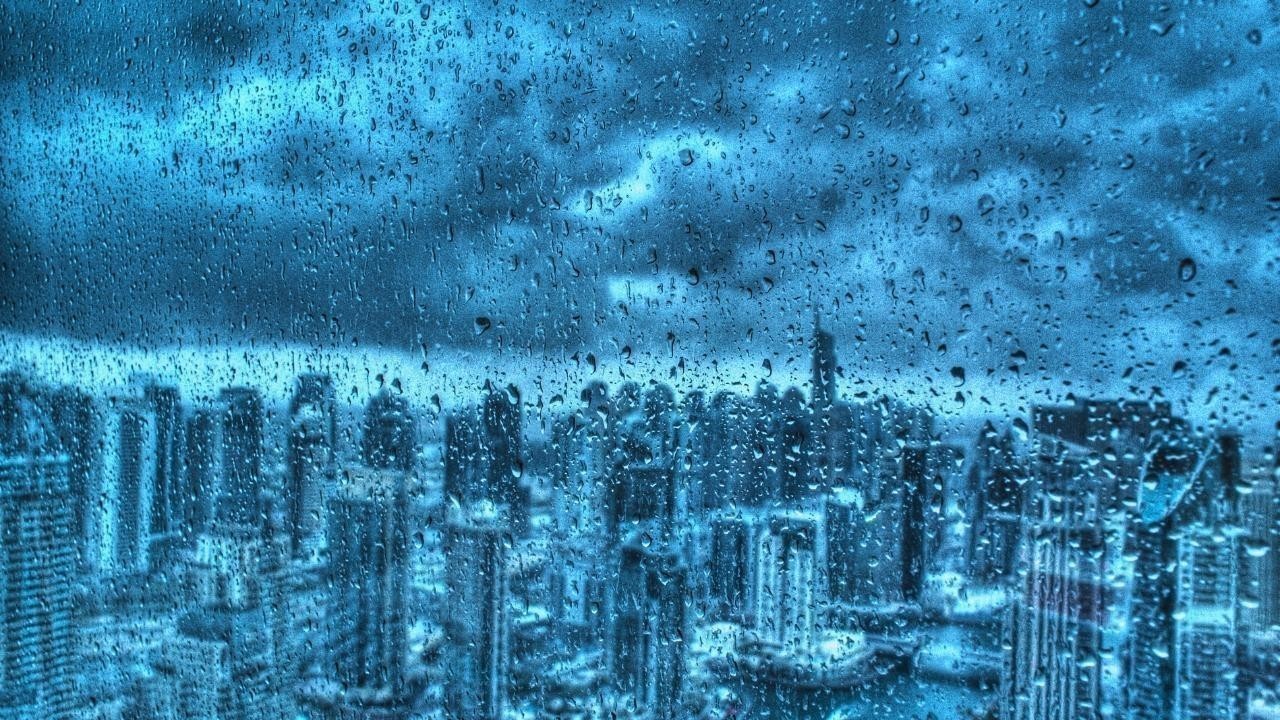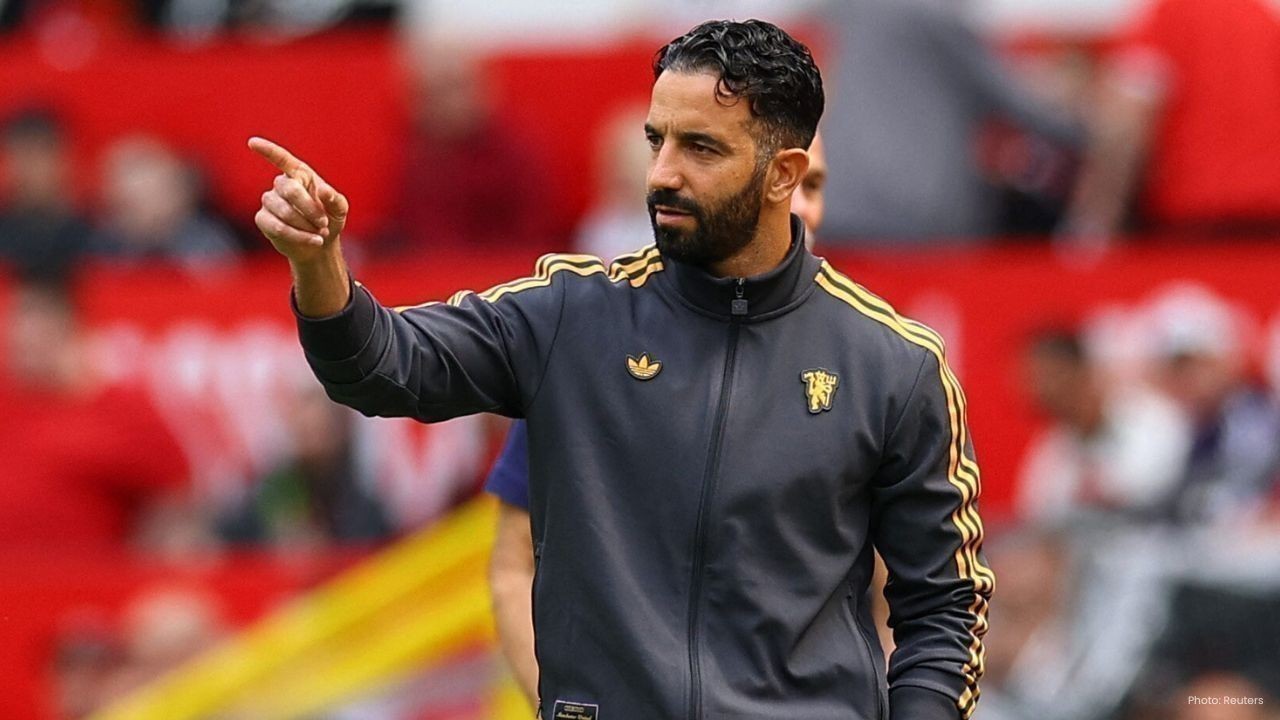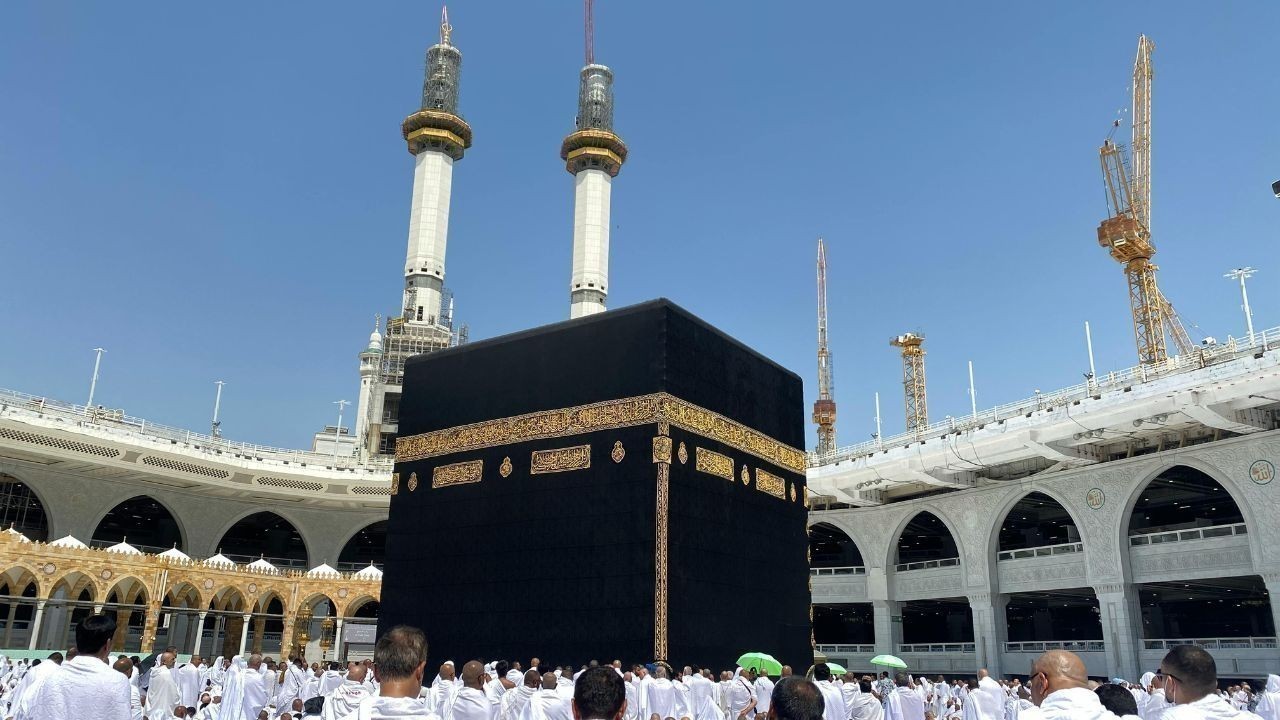
Post by : Anish
The sight of rain falling over Dubai’s arid desert landscape often surprises residents and tourists alike. What many don’t realize is that this rain is not always a natural occurrence. The UAE has invested heavily in cloud seeding — a form of artificial rainmaking — to address its growing water scarcity concerns. With one of the lowest rainfall levels in the world and rising demands due to population growth and urban development, the UAE is using technology to rewrite its climate script.
Cloud seeding isn’t a brand-new concept, but its consistent and intensive application in the UAE is what’s truly groundbreaking. The method involves aircrafts flying into clouds and releasing particles like salt crystals or silver iodide to encourage condensation and rain formation. These particles act as nuclei around which moisture gathers, forming droplets that can fall as precipitation. It’s not about “making rain from nothing” — it’s about nudging nature to deliver when conditions are right.
Water is life, but for desert nations like the UAE, freshwater is more precious than oil. The country depends heavily on desalinated water for drinking and domestic use. However, desalination is expensive, energy-intensive, and environmentally risky due to brine disposal. Cloud seeding offers a relatively inexpensive alternative to supplement the water supply. Dubai’s growing skyline, the sprawling communities, and thirsty agriculture sectors have all increased the urgency to find sustainable water sources.
Contrary to popular belief, the process of cloud seeding isn’t random or reckless. The UAE’s National Center of Meteorology (NCM) relies on satellites, weather radars, and advanced meteorological models to identify suitable clouds. A team of trained pilots and meteorologists work round the clock, ready to deploy aircraft when conditions align. Flights are usually launched from bases in Al Ain, and in some cases, operations are coordinated with neighboring countries.
According to official data, the number of cloud seeding operations has increased significantly over the last decade. The country carried out more than 300 such operations in a year, and experts claim it has led to a 10 to 30 percent increase in rainfall from targeted clouds. While it may not be a silver bullet, the method is making a difference. Roads getting flooded after heavy showers are proof that rain is falling — and perhaps a bit too efficiently at times.
For people living in Dubai, the impact is tangible. One minute it’s a typical sunny day, the next minute, roads are slick, traffic slows down, and umbrellas become useful accessories. Residents often flood social media with videos of sudden downpours, rain-drenched roads, and even flash floods in some areas. While the relief from heat is welcome, it also poses logistical headaches — from delayed flights to waterlogged infrastructure not always built for regular rain.
Cloud seeding has become a hot topic among the UAE’s residents. Many express amazement, confusion, or concern whenever rain shows up without warning. Some people call it a blessing; others wonder if the rain is “real.” Memes, jokes, and viral videos abound. However, there’s a growing understanding and appreciation of the scientific process behind it. Schools and media channels are increasingly talking about the importance of water sustainability, and cloud seeding is now part of that public dialogue.
While cloud seeding offers a smart water solution, it does raise some environmental and ethical questions. Critics argue about the unknown long-term effects of manipulating weather patterns. There are concerns about shifting rainfall away from one region to another, possibly affecting ecosystems. The chemicals used in the process, especially silver iodide, have also been debated, although most research shows minimal environmental harm when used in moderation. As the UAE scales its efforts, these questions are getting louder and more relevant.
The UAE is not alone in its pursuit of rain. Countries like China, the United States, Australia, and India have also used cloud seeding for agriculture, drought control, or major events. China famously seeded clouds to clear the skies before the 2008 Beijing Olympics. However, what sets the UAE apart is the scale and frequency of its operations. It is arguably the most aggressive adopter of cloud seeding in the modern world, having turned it into a national priority rather than an occasional experiment.
While exact figures are not always made public, estimates suggest that each cloud seeding mission costs thousands of dollars. The investment may seem steep, but when balanced against the cost of desalination, importing water, or suffering the consequences of drought, it’s a justifiable expense. The UAE has also invested in research, hosting international conferences and funding awards like the UAE Research Program for Rain Enhancement Science, offering millions to push innovation in this field.
Cloud seeding makes forecasting a tricky business. Weather apps and local forecasts often get it wrong simply because a rain event wasn’t naturally expected. The sudden rain can confuse both humans and technology. This unpredictability affects tourism planning, event organization, and even emergency response. However, the National Center of Meteorology is working on integrating seeding missions into public forecasts to keep citizens better informed.
Dubai, built for heat and sand, isn’t naturally prepared for recurring rain events. Drainage systems in many areas struggle to handle the sudden downpours, leading to waterlogged roads, flooded underpasses, and slow-moving traffic. Municipal authorities are now rethinking how to adapt infrastructure to the new rainy reality. More pumping systems, better drainage, and pre-emptive warnings are becoming part of the city’s seasonal toolkit.
Taxi drivers, delivery personnel, construction workers, and small business owners all have their own stories to tell about sudden rains in Dubai. For outdoor workers, it means a brief pause in their day. For shopkeepers, rain brings in more foot traffic as people seek shelter. Children play in puddles that were never there before, and adults often take a break from the indoor AC to enjoy the cool breeze. Rain, artificial or not, brings a human shift in mood and pace.
As climate change continues to impact water availability worldwide, countries like the UAE are leading the charge in proactive water solutions. The future may see drones used for seeding, AI-driven weather targeting, and real-time public alerts tied to cloud operations. Some experts are even discussing whether cloud seeding could be used to manage extreme weather events — not just create rain, but maybe soften heatwaves or droughts.
Dubai’s rainmaking program has become a curiosity among global travelers. Tourists often ask whether it’s really possible to “schedule” rain. While the answer is more nuanced, the fascination adds another layer to the city’s futuristic reputation. Alongside skyscrapers and smart cities, “artificial rain” is now part of the Dubai brand.
Rain used to be a matter of fate, but in Dubai, it’s also a matter of planning. Cloud seeding isn’t magic, but a calculated decision rooted in science and survival. It raises questions about human interference with nature — but also showcases human resilience in the face of harsh environments. The UAE is not waiting for the skies to show mercy; it’s learning how to ask the skies for help, and increasingly, it’s getting an answer.
The content of this article is based on current scientific reports, public statements, and meteorological data as of the time of writing. While efforts have been made to ensure accuracy, weather phenomena and government strategies may evolve. Readers are encouraged to consult official UAE meteorological sources for real-time updates. This article is for general awareness purposes and does not represent any official policy.

UAE’s Maryam Karim Tops World U18 400m Hurdles
UAE sprinter Maryam Karim ranks first globally in World Athletics U18 400m hurdles for August 2025 w

UAE Meets Israel PM, Skips Arab Walkout at UN
UAE meets Israeli PM Netanyahu amid Gaza crisis, avoids Arab walkout at UN, stressing ceasefire and

Ruth Kedar: Designer Behind Google’s Iconic Logo
Learn about Ruth Kedar, the Stanford professor and designer who created Google’s timeless logo, cele

Ruben Amorim Seeks Consistency at Manchester United
Manchester United boss Ruben Amorim targets first back-to-back Premier League wins since November 20

Ethos Technologies IPO Filed After 55% Revenue Surge
Ethos Technologies reports 55% revenue growth in 2025 and files for IPO under “LIFE,” highlighting s

Two Holy Mosques Host 53M Visitors in Rabi' al-Awwal
Over 53 million pilgrims visited the Grand Mosque and Prophet’s Mosque during Rabi' al-Awwal 1447 AH

Emirates Skywards 25th Anniversary: 25 Million Miles Giveaway
Emirates Skywards celebrates 25 years with a 25 million miles giveaway and special offers for member

Health Insurance in UAE 2025: Complete Expat Guide
Discover UAE health insurance in 2025 for expats. Learn coverage types, costs, requirements, and tip

Mr Bean How the Silent Genius of Comedy Conquered the World
Discover Mr Bean s silent comedy Rowan Atkinson s genius and how this iconic character makes the

Charlie Chaplin The Life Legacy and Timeless Genius of Cinema
Discover Charlie Chaplin s journey The Little Tramp iconic films and lasting legacy that made him

8 Best Foods Every Bride to Be Should Eat for Glow Energy & Healthy Skin
Discover 8 must have foods for brides to be that boost glow energy and confidence helping you shi

Loaded Water The New Health Trend Promising Weight Loss Hydration & Craving Control
Discover loaded water the trending health drink that boosts hydration curbs cravings and supports we

Biggest Movies Releasing in 2025: Hollywood, Bollywood & Beyond
The year 2025 promises to be an exciting one for movie lovers worldwide. With blockbusters, sequels,

Best Vegetables to Control Blood Sugar & Manage Weight After 40
Discover the best vegetables for people over 40 to control blood sugar support weight management a

7 Best Low Calorie South Indian Foods for Healthy Weight Loss
Discover 7 low calorie South Indian foods like idli dosa and sambar that help weight loss while ke